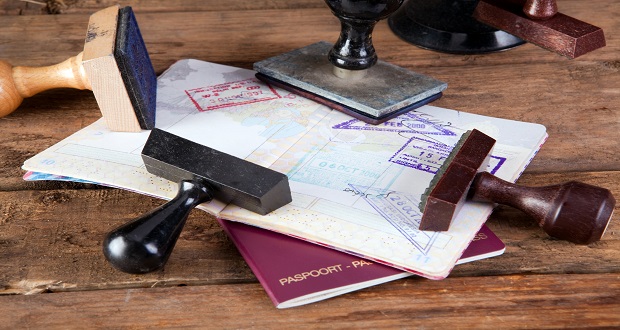
In 2014, like a slap in the face, our country’s endemic racial inequalities were brought to fore through the tragic deaths of people like Eric Garner, Mike Brown and Tamir Rice. Yet in the midst of tragedy, thousands galvanized in the streets of Ferguson and across the country to stand in solidarity against such glaring examples of structural inequality. Although these events were isolated geographically, they were joined as episodes in a long history of systematic racism. Structural inequality, although still largely ignored, is easy to count—to put our fingers on. We can point to the disproportionate numbers of black men and women in our prison system or the disparity between white and black arrests rates. But underneath these hard numbers are equally powerful, yet more subtle forms of inequalities that are tied to culture—cultural inequalities.
Cultural inequalities can fly under the radar more easily than structural inequalities. They make their way into our day-to-day jargon and seep into our unconscious unnoticed. It happens when you watch hours of TV and movies with mostly white, male casts and mistake the fiction for real life. It’s what cultural critic Tourè, in Who’s Afraid of Post-Blackness, writes against when he tells the story of his first skydiving experience when his friends told him, “Brother, black people don’t do that.” I bump into this when I return home from a long trip to a far away place (Africa, Middle East, or South America) and some of my black friends from home tell me jokingly, “Trav, that’s so white.” The culture police are only reciting the scripts they’ve received themselves, but the cultural stereotypes they harbor have real world consequences—erecting walls around who can and can’t consume culture. In essence, cultural stereotypes threaten to constrain what is possible and contaminate what is probable.
As a longtime backpacker and passionate traveler, I wanted to introduce you to two groups that are standing defiantly against the culture police as beacons for a new type of traveler. They are the Nomadness Travel Tribe and Travel Noire. Both groups advocate for the largely untapped market of black travelers and they reach their respective audiences through Facebook, Twitter, Instagram and Youtube.
The Nomadness Travel Tribe, created by Evita Robinson, is an exclusive Facebook group of 9,000 like-minded urban travelers where members talk travel, share travel deals, and join each other on trips to explore the world. The group is by invite only and the flurry of recent media coverage means there is a long queue of people dying to get in; but you can read more about the Tribe here and follow their Instagram and twitter accounts to keep up the groups next big thing.
Travel Noire, created by Zim Ugochukwu, is a multi-platform digital publishing group that celebrates black travel visually through their Instagram account (66k+ followers) and Youtube videos. I highly recommend you check out the Daily Beast article, We are out here: Inside the New Black Travel Movement, which highlights the nature of these groups and their commitment to shattering the cultural stereotype that black people don’t travel. And most recently, Huffington Post interviewed the creators of both groups, among others, in a lively panel where you can feel the passion of both women for how important breaking down cultural stereotypes are as well as the freedom that comes from doing so.
All of this coverage is exciting to me, as a traveler and diversity consultant, because I know the freedom and transformation that travel has brought to my life. I have also been a member of the Nomadness Tribe for several years so the recognition strikes a personal cord as well. I have traveled with Tribe members in San Francisco, Dominican Republic, and Mexico City, and received countless insights from members who are eager to swap stories and tips. Although the Tribe is mostly black—and I am very white—they are open to all races who share a passion for travel (and at least one passport stamp). I traveled mostly by myself for ten years before I was invited to the Tribe so it was a great blessing to find such an amazing group that shared so many affinities with my views on justice, love and cultural tastes.
Cultural inequalities form after years of slowly coalesced messages that form damaging stereotypes that can last long into the future. In order to break them, you need the type of boldness, passion and creativity that the Tribe and Travel Noire exude. I invite you to follow along with me in watching these groups advance the work of diversity and inclusion—one passport stamp at a time.


















